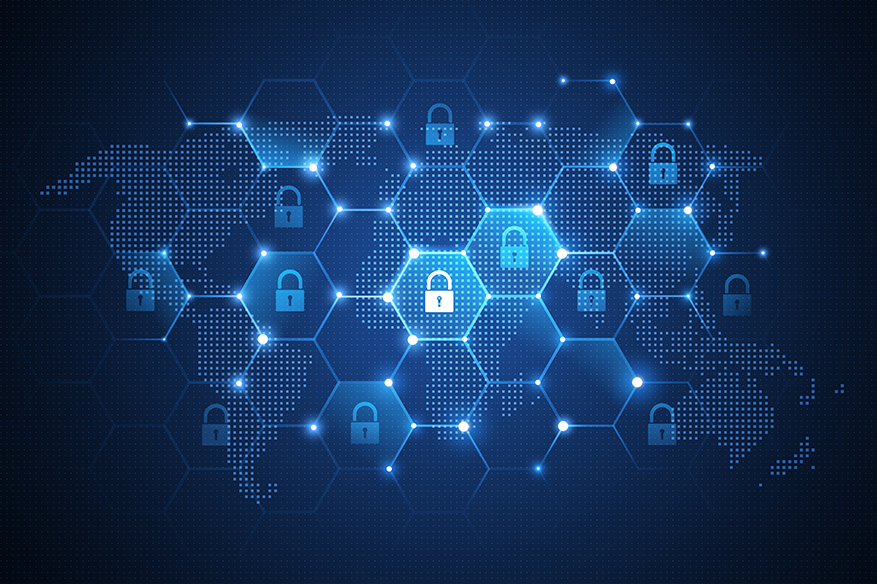Common Sense Ways Of Handling Data, Digital Or Not

The value and importance of information change depending on how much information there is and the actual “perceived value” that the observer sees when they get a hold of the information. Content creators of generations ahead of us generated new knowledge, discuss concepts and explains their point of view without advance knowledge on how we, their successors will treat their work. Writers are not separated from the general population, and all of us are in treating what we perceive as text, images and motion video on the screen or on paper in a certain context. The dynamic relationship between content creators who impart knowledge and the level of acceptance from the receivers of the information is highly dependent on our own bias.
Nevertheless, the information should be preserved with a high level of importance, no different from how civilization built museums and other archival locations to preserve the past. With our very advanced high-tech, gadget-driven everyday life, we become unofficial guardians of information. We are no different from a full-time librarian of physical books from the past and present. We provide these services to individuals and groups. However, there is a question whether the information source should be treated as having a private and commercial purpose, or should it be open to the public. We have seen many counterarguments and exchange of opinion, is information a public utility like water and electricity, or information may be treated like a state-secret or a corporate patent that should remain closed to the chest of its creators.
So basically speaking, we recommend the following actions to preserve data:
- Digital information file should be stored in such a way that it can not be changed without approval. Preserving data is needed for integrity purposes
- It must be made available as it is, that means unauthorized copying should be prevented.
- If there is a need to distribute many copies of the information, always assume that there is a copy of it left somewhere in the world. Any information already released publicly cannot be stored in secrecy again.
In addition, it is important to save top-secret files so that they can not be used unless truly necessary, this is something all government is doing at the turn of the computer age. The problem is that we have to cope with the transition of authority in our civilization. Those baby boomers who worked in preserving and security-critical data are now in the age of retirement. Changing IT personnel regularly is a new normal, this may eventually lead to data loss if no strict data security protocols are in place.
In addition, as the technology improves, the relevance of certain storage technology becomes outdated. We are in an era of slowly decommissioning optical storage for example.
To make it available means to save it in a storage technology that can easily be migrated to a newer storage medium. Whether it is a digital or paper book, the viability of the information it contains becomes a debatable concept. Are we continuing to publish books on paper, on a digitally readable format or on an audio form? Also, although writing is only once, it can be read many times, and it does not hurt to still publish a physically readable material, as it requires no electricity to maintain its readability compared to a digital electronic format. Basically, there is no need for an external device to read a book. You do not need a screen to read a book. You can take it out and read it with your eyes without tools.
Threats to the system include media failure, paper wear, hardware failure, lack of space in the bookcase, software failure, and wear on your own eyes. However, digital information is not affected by age, but natural disasters such as floods and fires are very serious obstacles for preservation. With all the inherent limitations of paper, we at hackercombat.com discourage you from digitizing all your data. The problem is that once information is digitalized, reproducing multiple copies of it are very easy. Don’t become the next guy who took pictures of his credit/debit card and posted it on social media. Have a sense of awareness that not all data about you needs to be public. Physical restrictions on accessing data are still the best type of security, far outweighs encryption and other ways to preserve digital privacy today.
Also Read,
What is Data Exfiltration and How to Prevent